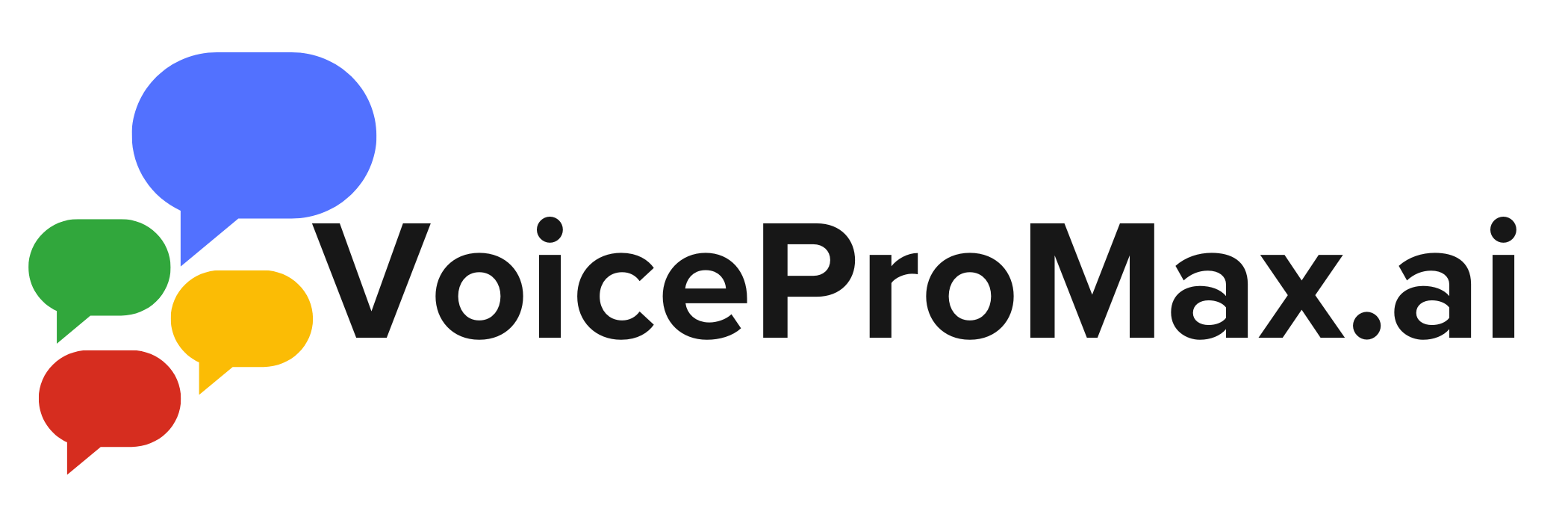The AI Revolution in Voice Acting: Navigating the Challenges and Opportunities
The world of voice acting is undergoing a significant transformation, and it’s not just about the latest microphone technology or recording software. Artificial intelligence (AI) is making its presence felt in the industry, and it’s causing quite a stir among voice actors, particularly those in the video game sector. As AI continues to advance and become more integrated into the voice acting process, it’s essential to examine the challenges and opportunities that come with this technological shift.
The Impact on Voice Actors
One of the primary concerns among voice actors is the potential for job displacement. Many voice actors work as contract workers, meaning they don’t have the stability of a full-time employment contract. This makes them particularly vulnerable to the cost-effective and efficient nature of AI voice acting. As studios and developers look for ways to streamline their production processes and reduce costs, AI becomes an increasingly attractive option.
However, it’s important to recognize that AI is not a one-size-fits-all solution. While it may be suitable for certain types of voice work, such as background characters or minor roles, it’s unlikely to completely replace the nuance, emotion, and creativity that human voice actors bring to the table. As Allison Dickie points out in her article, “AI is changing the game for voice actors – and not in a good way,” the rise of AI in voice acting underscores the need for support and balance to protect the creative careers of voice actors in the gaming sector.
Ethical Considerations
Another significant concern surrounding the use of AI in voice acting is the issue of ethics. As AI models are trained using human voices, there are questions about fair compensation and consent. Voice actors deserve to be fairly compensated for their work, and they should have the right to choose whether or not their voices are used to train AI models.
To address these ethical concerns, some in the industry have proposed an “opt-in” licensing model. Under this model, voice actors would have the ability to choose whether or not to allow their voices to be used for AI training, and they would be compensated accordingly. This approach could help to ensure that voice actors are treated fairly and that their rights are protected.
The Pressure to Adopt AI
Despite the concerns of voice actors, there is significant pressure within the industry to adopt AI technology. Studios and developers are constantly looking for ways to reduce costs and speed up production times, and AI offers a promising solution. However, this pressure to adopt AI could lead to a reduction in collaboration and a siloing of professional roles, further threatening the stability of voice actors’ careers.
It’s crucial for the industry to find a balance between the benefits of AI and the importance of supporting human talent. While AI can certainly help to streamline certain aspects of the voice acting process, it should not come at the expense of the creative professionals who bring characters to life.
Looking to the Future
As AI continues to advance and become more integrated into the voice acting industry, it’s essential for all stakeholders to work together to navigate the challenges and opportunities that come with this technological shift. Voice actors, studios, developers, and industry organizations must engage in open and honest dialogue to ensure that everyone’s needs are met and that the industry can continue to thrive.
One potential solution is to embrace a hybrid approach, where AI is used to supplement and support human voice actors rather than replace them entirely. For example, AI could be used to generate multiple takes of a line, giving voice actors more options to work with and allowing them to focus on the creative aspects of their performance. Alternatively, AI could be used to create placeholder dialogue during the development process, allowing voice actors to come in later and bring their unique talents to the final product.
Another important step is to ensure that voice actors are properly trained and equipped to work with AI technology. This may involve providing educational resources and training programs to help voice actors understand how AI works and how they can use it to their advantage. It may also involve developing new tools and platforms that allow voice actors to easily integrate AI into their workflow and collaborate with studios and developers more effectively.
Ultimately, the key to successfully navigating the AI revolution in voice acting is to approach it with an open mind and a willingness to adapt. While there may be challenges and uncertainties along the way, there are also incredible opportunities for growth and innovation. By working together and embracing the possibilities of AI, the voice acting industry can continue to thrive and evolve in exciting new ways.
#VoiceActing #AIRevolution #EthicalAI #IndustryCollaboration #FutureOfVoiceActing
-> Original article and inspiration provided by Allison Dickie
-> Connect with one of our AI Strategists today at ReviewAgent.ai

